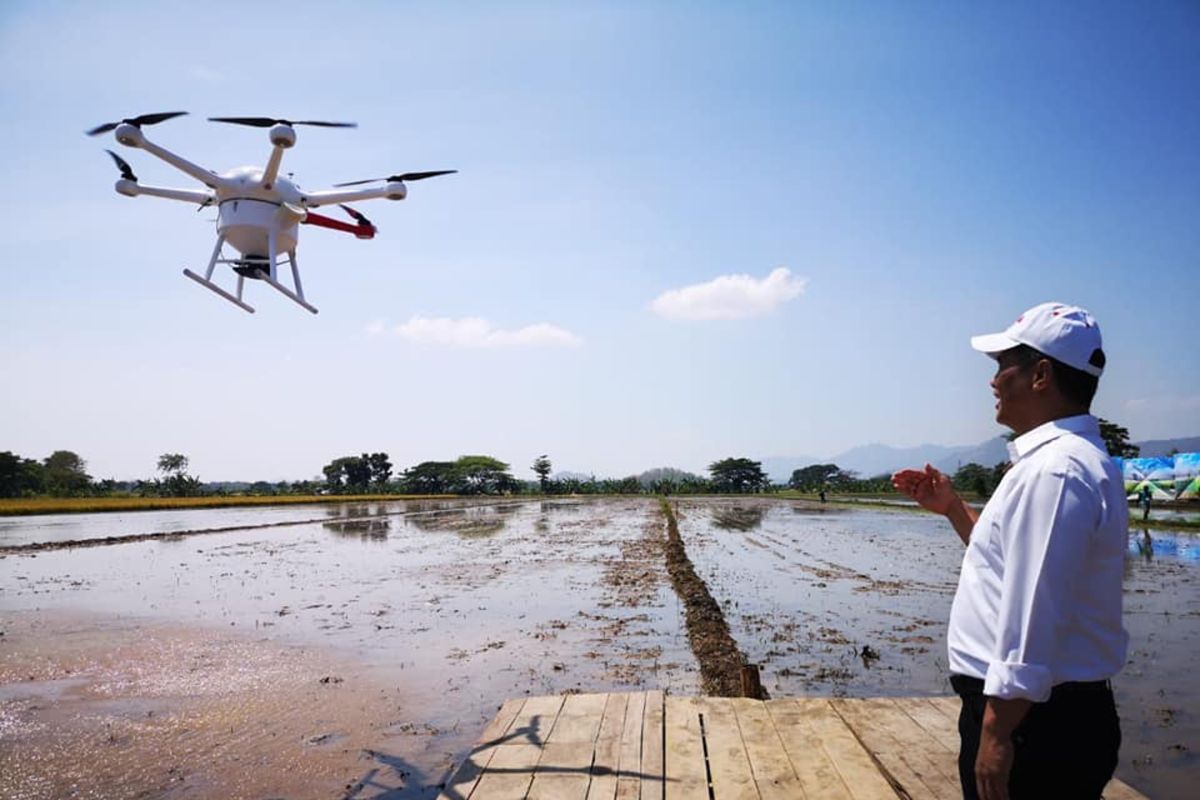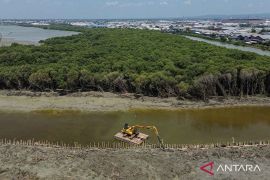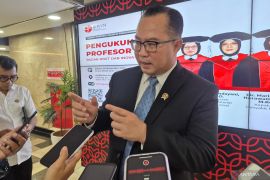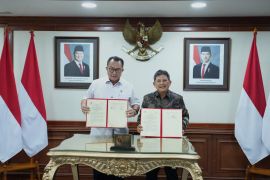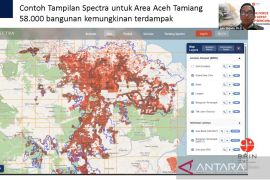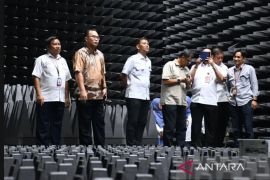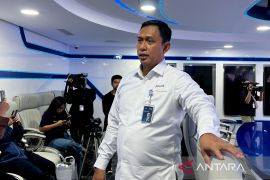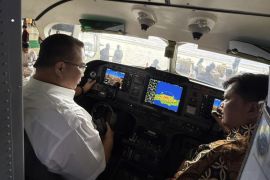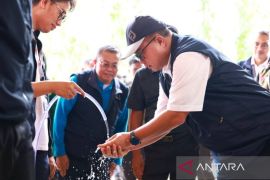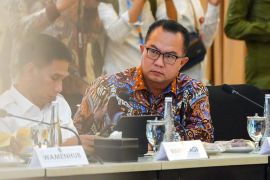Head of the BRIN Food Crop Research Center, Yudhistira Nugraha, stated that digital technology and artificial intelligence-based technology make farming easier and more prestigious, so that farming is no longer considered a traditional job.
"The application of technology attracts the younger generation to engage more in the agricultural sector," Nugraha noted during a dialogue event on artificial intelligence (AI) technology in the agricultural sector monitored here on Monday.
One of the technologies applied in agriculture is drone that has brought significant transformation in the management of soil and land to boost plant productivity.
Drones have sensors, such as multispectral red edge cameras, which enable them to conduct real-time, accurate, and quick monitoring of plants and detect changes in plant conditions, such as lack of water or stress in plants, the dynamics of pest attacks, and even disease emergence.
Nugraha explained that through the information obtained by drones, farmers can take timely action, such as managing water provision that is more efficient, fertilization that is on target, targeted application of pesticides, and special treatment for certain plants.
In addition, drones can map out agricultural land in a high level of detail, thereby enabling better planning for planting, fertilizing, and maintenance.
Related news: President Jokowi calls on youth to work in agriculture sector
Various benefits that the technology offers help all parties, not only farmers but also policymakers in increasing crop yields, reducing production costs, and contributing to agricultural sustainability.
He noted that several startups in the field of agriculture use drones to support cultivation.
He assessed that the integration of AI with drones and sensors has a significant impact on the process of monitoring, supervision, and decision-making that is smarter and more accurate.
Meanwhile, manager of research at drone service provider Quadron Teknologi Indonesia, Try Surya Harapan, stated that automation sensors in drones enable farmers to manage which plants must be sprayed.
"Drones can fly to precise coordinate points and then spray (plants)," he explained.
He remarked that the combination of drones and sensors can provide myriad benefits to farmers, such as for aerial photography, topography and land boundary surveys, soil health monitoring, livestock movement and counting, irrigation monitoring, pesticide spraying, and soil and water samples' collection.
Related news: Deputy minister opens event to raise youth interest in agriculture
Related news: Youth must improve agriculture sector to build food security: Governor
Translator: Sugiharto Purnama, Raka Adji
Editor: Yuni Arisandy Sinaga
Copyright © ANTARA 2023
